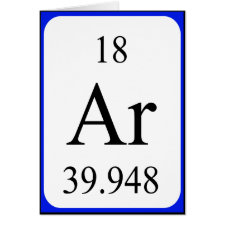
Authors: Yang SH, Fan H, Classon RJ, Schug KA
Article Title: Restricted access media as a streamlined approach toward on-line sample preparation: Recent advancements and applications.
Publication date: 2013
Journal: Journal of Separation Science
Volume: 36
Issue: (17)
Page numbers: 2922-2938.
DOI: 10.1002/jssc.201300595
Abstract: Restricted access media (RAM) as an alternative to traditional sample preparation strategies are reviewed. RAM comprise chromatographic packing materials that combine, typically, a restrictive outer surface to exclude the retention of large biomolecules, which are common interferences in biological fluids, with retentive inner pores or phases to capture analytes of interest. Through the years, a variety of RAM formats have been created, including internal surface phases, semipermeable phases, and molecularly imprinted polymer phases. Many phases are commercially available through a variety of manufacturers. The use of on-line sample preparation using RAM can increase throughput, recovery, and ease of use for sample preparation of complex biological matrices. The state-of-the-art with respect to production and use of these media for a variety of applications is covered
Template and target information: Review - restricted access media (RAM)
Author keywords: biological fluids, Chromatographic retention, Restricted access media, Size-exclusion, stationary phases



Join the Society for Molecular Imprinting

New items RSS feed
Sign-up for e-mail updates:
Choose between receiving an occasional newsletter or more frequent e-mail alerts.
Click here to go to the sign-up page.
Is your name elemental or peptidic? Enter your name and find out by clicking either of the buttons below!
Other products you may like:
 MIPdatabase
MIPdatabase









